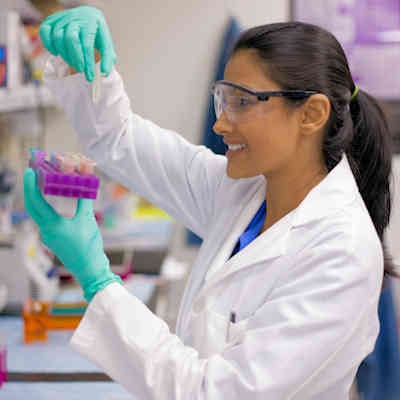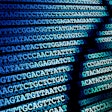
COVID-19 testing can provide an opportunity to also screen for other diseases like diabetes in marginalized communities such as Latinx individuals, according to a study published May 26 in JAMA Network Open.
Study investigators hypothesized that they could leverage the existing COVID-19 testing infrastructure to also test for prediabetes and diabetes in a Latinx community that might otherwise face substantial barriers to care engagement.
"Barriers to diabetes and COVID-19 care and engagement among socioeconomically disadvantaged Latinx persons are similar and include a lack of health insurance or primary care clinician, unavailability of culturally and linguistically concordant services, immigration concerns and fear of deportation, and the direct and indirect costs associated with attending appointments," wrote the authors.
This study was conducted from August 1 to October 5, 2021, at an outdoor COVID-19 testing site at a transport hub in the Mission neighborhood in San Francisco, CA. Study investigators noted site staff were predominantly monolingual or bilingual Spanish-speaking, and many were local community members.
Investigators found that among clients receiving hemoglobin A1c testing, the most common reason for getting tested for diabetes was that clients "might as well since they were already getting tested for COVID-19," a sentiment that was slightly more common among Latinx clients at 54.0% compared to 50.5% of other clients being tested. Furthermore, 18.1% of the Latinx clients reported that they had either not been tested recently or had never been tested for diabetes, compared to 15.5% of other clients.
Among all persons who underwent rapid hemoglobin A1c testing, 53.9% had normal hemoglobin A1c levels, while 33.9% met the criteria for prediabetes and 12.2% met the criteria for diabetes. There was a higher prevalence of prediabetes (34.6% versus 30.6%) and diabetes (12.7% versus 10.0%) among Latinx clients compared with non-Latinx clients. Latinx clients accounted for 84.4% of prediabetes and 85.8% of diabetes diagnoses, respectively.
The study authors noted that, in their program, a Spanish-speaking bilingual community health worker disclosed the results of the test, provided brief health education, and facilitated connection to primary care for individuals found to have COVID-19, diabetes, or prediabetes.
The authors underlined the importance of detecting diabetes in the Latinx community.
"As with COVID-19, Latinx persons in the US are disproportionately affected by diabetes. Latinx persons have a 65% greater risk of being diagnosed with type 2 diabetes than non-Latinx White individuals, and once diagnosed they are more likely to experience diabetes-related complications including vision loss, kidney failure, and death," wrote the authors.
They noted that testing for COVID-19 provides an opening for community health outreach to underserved populations.
"Leveraging pandemic-related public health responses represents an important opportunity for engaging socioeconomically disadvantaged populations into care for diabetes," concluded the authors.



















